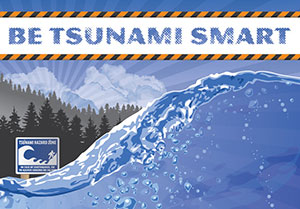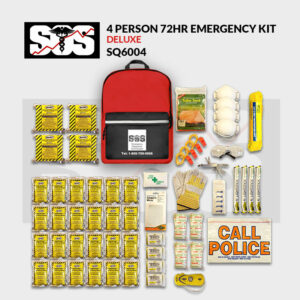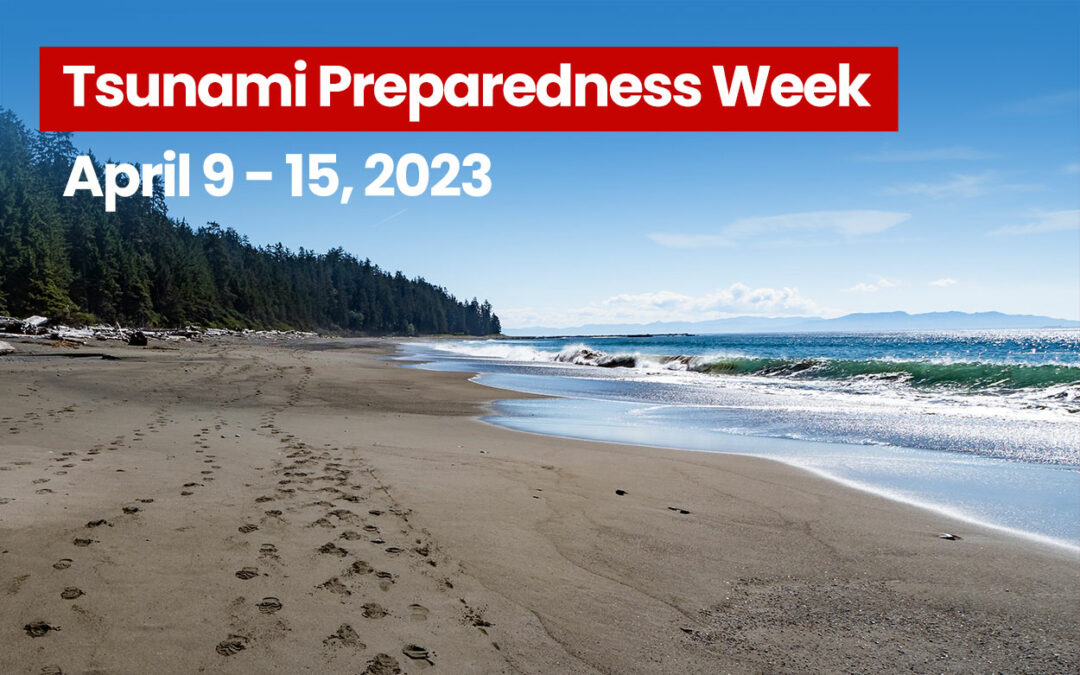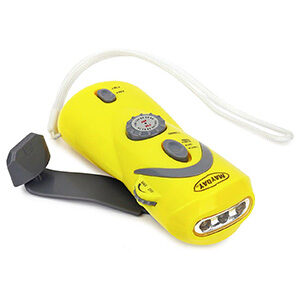Tsunami Preparedness Week – Be Tsunami Smart
 During Tsunami Preparedness Week in British Columbia, various activities are organized to educate people about the warning signs of a tsunami and the necessary steps to take in case of an emergency. These may include public information sessions, evacuation drills, and social media campaigns to spread awareness. It is important for everyone living in coastal areas to be prepared and informed about tsunamis, as they can strike without warning and have devastating effects on communities.
During Tsunami Preparedness Week in British Columbia, various activities are organized to educate people about the warning signs of a tsunami and the necessary steps to take in case of an emergency. These may include public information sessions, evacuation drills, and social media campaigns to spread awareness. It is important for everyone living in coastal areas to be prepared and informed about tsunamis, as they can strike without warning and have devastating effects on communities.Understanding Tsunamis
What Are Tsunamis and how do they occur?
A tsunami is a series of ocean waves that are caused by large disturbances, such as earthquakes, volcanic eruptions, or meteor impacts, but the most common cause is an underwater earthquake. These waves can reach great heights and travel great distances, making them extremely dangerous to people living in coastal areas. The size and strength of a tsunami depend on several factors, including the magnitude of the earthquake and the depth and location of the underwater disturbance.Tsunami Preparedness Week
Develop a Plan
Developing a tsunami preparedness plan is crucial to staying safe during a tsunami. The plan should include evacuation procedures, communication methods, and emergency supplies. All members of the household should be aware of the plan and understand what to do in the event of a tsunami.
Learn the Warning Signs
Learning the warning signs of a tsunami can save lives. Tsunami warning signs include strong earthquake activity, a sudden rise or fall in sea level, and a loud roar from the ocean. It’s essential to stay informed of any tsunami warnings and follow any instructions given by local authorities.
 Emergency Supplies
Emergency Supplies
It’s important to have a 72 Hour Emergency Kit with essential items such as food, water, portable power, communications, basic personal protection items, a First Aid Kit, and emergency contact information. The emergency kit should be easily accessible and ready to grab-n-go!
What to Do During a Tsunami
Evacuation Procedures
When a tsunami warning is issued, it’s essential to evacuate as quickly as possible. Follow any instructions given by local authorities and head to higher ground or inland immediately. Do not wait to see the tsunami or try to gather belongings.
Stay Safe Indoors
If evacuation is not possible, it’s essential to stay safe indoors. Move to higher floors or the roof of a sturdy building, and stay away from windows and doors. Do not use elevators and avoid rooms with heavy objects that could fall.
Stay Away from Shorelines and Low-Lying Areas
During a tsunami, it is essential to stay away from shorelines and low-lying areas. Tsunamis can cause dangerous and unpredictable currents, debris, and flooding, which can pose a significant risk to individuals. Even if you are a strong swimmer, it is best to avoid going near the water during a tsunami warning.
Check for Injuries
After a tsunami, check yourself and others for injuries. If you are injured, seek medical attention immediately. If someone is injured, provide first aid if you are trained to do so, and call for emergency medical assistance.
Be Patient
Recovery after a tsunami can take time, so it is important to be patient. Listen to local authorities for updates on the situation and follow any instructions given. Do not return to your home or community until it is deemed safe to do so.
Developing a tsunami preparedness plan, learning warning signs, and evacuating to a safe location as quickly as possible are crucial steps to take to stay safe during a tsunami. After a tsunami, it is important to assess the damage, follow safety precautions, and be patient during the recovery process.
Community Support
You can play an active role in creating a safer and more resilient community. Remember, every action, no matter how small, can make a significant difference in saving lives during a tsunami. So, let’s come together and help spread the word about Tsunami Preparedness Week to ensure that our communities are prepared for any future tsunami disasters.
Check out the Tsunami Preparedness Week High Ground Hike 2023 community event.
Resources
Earthquake and Tsunami Guide from PreparedBC here.


